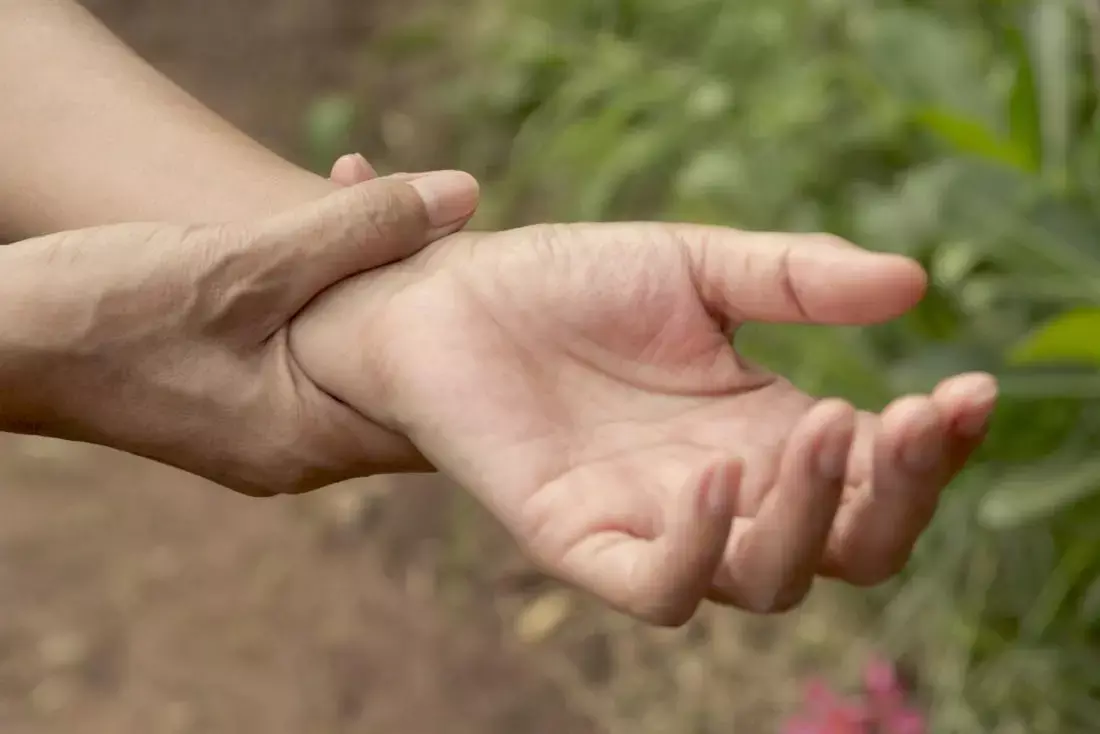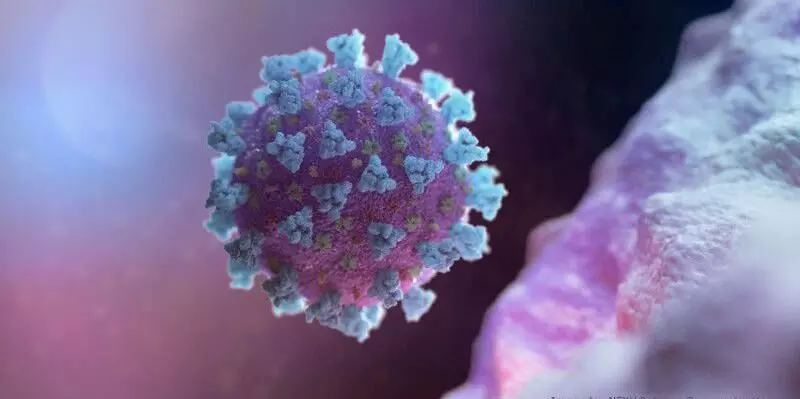
COVID-19: Antibody therapy cuts death risk by 20%
text_fieldsWashington: Treating severe Covid-19 patients who had not shown a natural antibody response with monoclonal antibody therapy can reduce fatality by 20 per cent, a clinical trial found. The trial found that patients hospitalised but could not produce their own antibodies to resist the virus could be administered with the therapy to reduce the risk of death and the time spent in hospitals.
The trial for the therapy was conducted between September 18, 2020, and May 22 2021, involving 9,785 hospitalised covid patients.
Sir Peter Horby said in a statement that the results of the trials were exciting, and by giving a combination of antibodies targeting the SARS-CoV-2 virus, the worst manifestations of Covid-19 could be reduced. He added that there was uncertainty about the efficiency of the therapy in the late stages of Covid-19 disease, but the trials inferred that treatment could reduce mortality rates in later stages. He is a professor of Emerging Infectious Diseases in the Nuffield Department of Medicine, University of Oxford, and Joint Chief Investigator for the trial.
The therapy treatment, known as REGEN-COV, is a combination of two monoclonal antibodies, namely Casirivimab and Imdevimab, was touted as a game-changer by hospitals in India because of its better hold on the deadly virus. It was developed by a US-based biotechnology firm Regeneron. The mentioned antibodies bind to two different sites on the Covid-19 spike protein and neutralise the ability of the virus to infect cells.
But, given the cost of drugs, an essential piece of information is that therapy is of no use for patients who can make their antibodies, researchers added.
The therapy had already received emergency usage authorisation (EUA) in the US and many European Union countries. In India, the Central Drugs Standards Control Organisation gave the therapy EAU in May.
It is available at hospitals, including Medanta in Gurugram, BLK-Max Super Speciality and Sir Gangaram in New Delhi. They have successfully implemented the treatment too.
(based on IANS story)






















